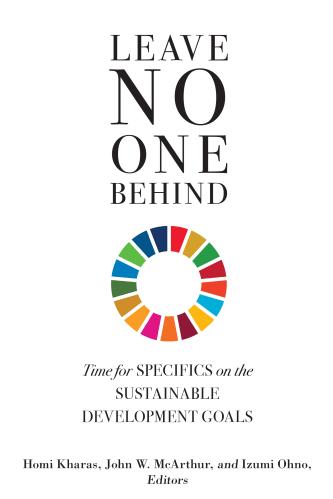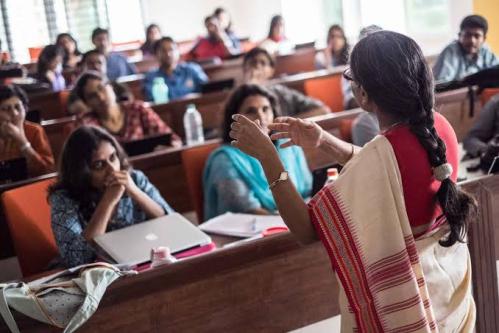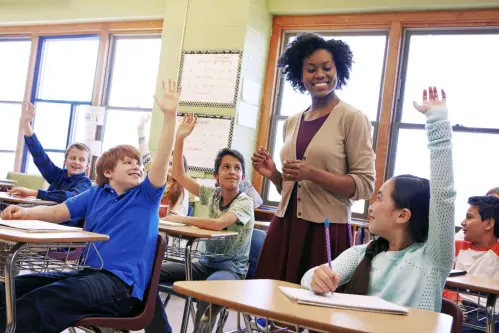Voldemort would be smiling. Evidence of the dark Potteresk forces occupy the world news. Strongmen autocrats like Erdogan expand their dictatorship. Authoritarianism rules Hungary and Brazil and foreigners are meddling with our democracy at home. Accosted by “breaking news,” we hear of children still living in cages at the southern border of the U.S., of millions of families starving in Yemen, and of children fleeing alone from dire conditions in Venezuela.
Amidst the gloom and doom, a historical hero brings us a well-deserved respite. Fred Rogers, the legendary children’s television host reminds us that kindness and generosity are the antidotes to our current sense of despair. This holiday season, everyone should get a dose of Fred’s teaching in the new movie, “A Beautiful Day in the Neighborhood.” Fred always looked people in the eyes when he spoke with them, he valued every child he met, and demonstrated that the differences among us paled in comparison to our many similarities. With Fred, rich and poor, disabled or typical, black and white, were simply adjectives to ignore not to heighten. With Fred, feelings were valued and emotion and love were the main topics of conversation. He not only shared his message but lived it. The movie, starring Tom Hanks, offers 1 hour and 48 minutes of smiles and blissful emotional health. It offers a way-out through kindness.
The film is not really about Mr. Rogers, but rather about the way he befriended a journalist named Tom Junod (called Lloyd in the movie) and how he helped Tom come to appreciate himself. And in many ways, the film was not about Fred’s friendship with Tom, but rather about an approach to life and living that has been almost drowned out in a climate bursting with hate and loneliness, some of which is prompted by hours and hours in front of screens.
Our children are feeling the emotional burden of these times. In Philadelphia, a teacher in-service day at a local district focused on how to properly tie a tourniquet should your student be shot. The children participated in mandatory shooting drills. And principals reported this year that their number 1 concern was the emotional health of their students! Little wonder why.
Fred could not have known this, but in many ways, he is the torch bearer for the proliferation of social emotional programs that now dot the educational landscape. These programs support what educators and parents know intuitively—that children who can regulate their emotions (think rather than hit), make good decisions, and cooperate with others will do better in school, at work, and in life. And research clearly demonstrates that social emotional skills can be taught in a classroom setting and have a positive impact on the lives of young adults. For example, a 20-year retrospective study examined whether teacher-rated positive social skills in kindergarten predicted key adolescent and early adult outcomes across a wide range of domains including education, employment, criminal activity, substance use, and mental health. The researchers found statistically significant associations between early childhood social competence and outcomes measured up to two decades later across all five domains. And a recent article by Adele Diamond and colleagues finds that training in social emotional skills and the ability to temper your impulse reduces bullying and peer ostracism all while bringing more joy to the classroom.
Mr. Rogers was the model for these programs. First appearing in living rooms across the U.S. in 1968, his show aired for more than 30 years. Now 15 years after his death, we have seen a resurgence in the popularity of this TV legend. A poignant biographical documentary “Won’t You Be My Neighbor” and a biography were released last year. Maybe we need Mr. Rogers now more than ever.
The holiday season is upon us. This is the time to rediscover family, to learn how to talk to people who bring divergent opinions, to put the digital gadgets down, and to reconnect with people. Perhaps the new Mr. Rogers movie can be the spark that reminds us about the power of being human. If we ever intend to break through the flow of darkness and to outsmart the robot, practicing our human to human connection will surely be a bedrock skill to master. Perhaps Voldemort can give way to Mr. Rogers.








Commentary
Thank you, Mr. Rogers: An escape hatch for the holidays
November 27, 2019